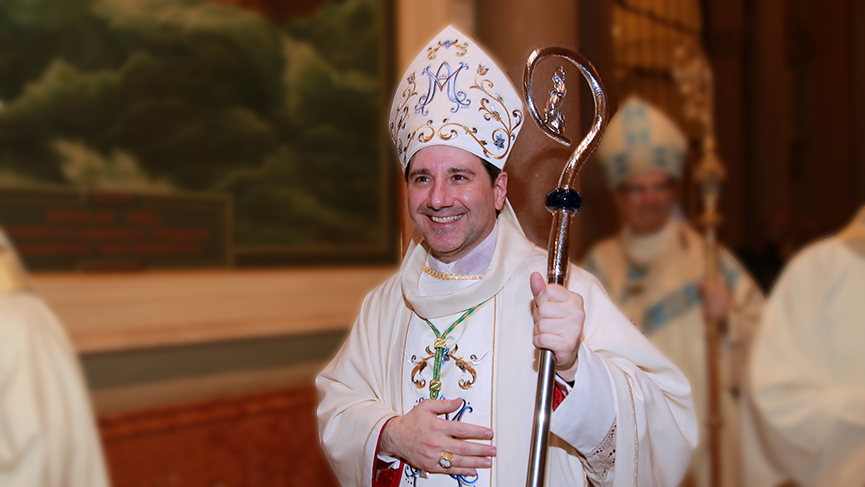A CANADIAN CARDINAL

General
By Fr. Benoît-Marc Boyer
Good news: on December 8, Frank Leo will become a cardinal of the Catholic Church. The man has national stature. Born in Montreal and having served there for many years, he is currently the Roman Catholic Archbishop of Toronto. But he also has an international reputation, having served for years in Church diplomacy. And while the cardinalate is first and foremost a religious gesture, it also holds great promise for the future of global geopolitics.
A concern for humanity
The nunciatures, the embassies of the Vatican, which is a recognized state, enjoy enviable credibility throughout the world. Indeed, whereas the embassies of various countries are primarily present in a foreign country to defend their own nationals and the interests of their own nation, the nonciatures are concerned with the good of people. It's hardly surprising, then, that throughout the ages, they have helped to resolve international disputes, usually in a discreet manner. A fine recent example of their concern for people is the case of the nuncio in Ukraine. When the war broke out, the head of diplomacy in Rome no doubt suggested that he move to Poland or another country for his own safety. Rather than follow this advice, the nuncio made sure his staff were safe. He took down every mattress he could find in the basement of the Nunciature and made himself as safe as he could. That alone would be noteworthy. But on top of that, he and other religious leaders wasted no time in setting up a soup kitchen to help the people. It just goes to show the sense of service that can be found in the hearts of those who serve Vatican diplomacy.
Universal service
Trained at this school, Frank Leo, on becoming a cardinal, will be a privileged advisor to the Pope, the Vatican's head of state. He will sit on Vatican commissions, take part in consistories (meetings of cardinals) to advise the Pope, and bring his wealth of experience to bear on people's concerns. As he becomes a cardinal at the age of 53 and, according to the rule, will be able to vote to elect a future pope up to the age of 80, for the next 27 years he will be one of the few among 120 cardinals in the world to elect a pope, a head of state appreciated and esteemed, if not for his religious leadership, at least for the values of mutual aid and peace promoted by his state. And as he has several years ahead of him as a cardinal, we can also imagine that one day, a pope might invite him to preside full-time over a dicastery in Rome, the equivalent of a ministry in our form of government. He would then be very close to the Vatican's orientations. Finally, as the future is unknown, we might even think that one day he could become that head of state himself. Let's not forget that he speaks at least four languages, has a solid academic training and comes from a country of peace, the country of the creation of the Blue Helmets.
Global geopolitics
In an increasingly complex world, the appointment of new cardinals modulates relations between states. Because they influence the head of state of the Vatican, who is an important voice in international relations, because they bring their local reality to an international dimension, because they elect the one who must be the international champion of peace, because they have a one-in-120 chance of being this leader in humanity, they are bearers of hope. This is precisely the theme of the Jubilee of 2025 that the Pope proposes for universal reflection: “To look to the future with hope is to have a vision of life full of enthusiasm to pass on.” (Francis, Hope Doesn't Disappoint, Bull of Indiction for the Jubilee 2025, May 9, 2024).
We wish you every success in promoting mutual aid and peace.

Comment
Comment
Add new comment